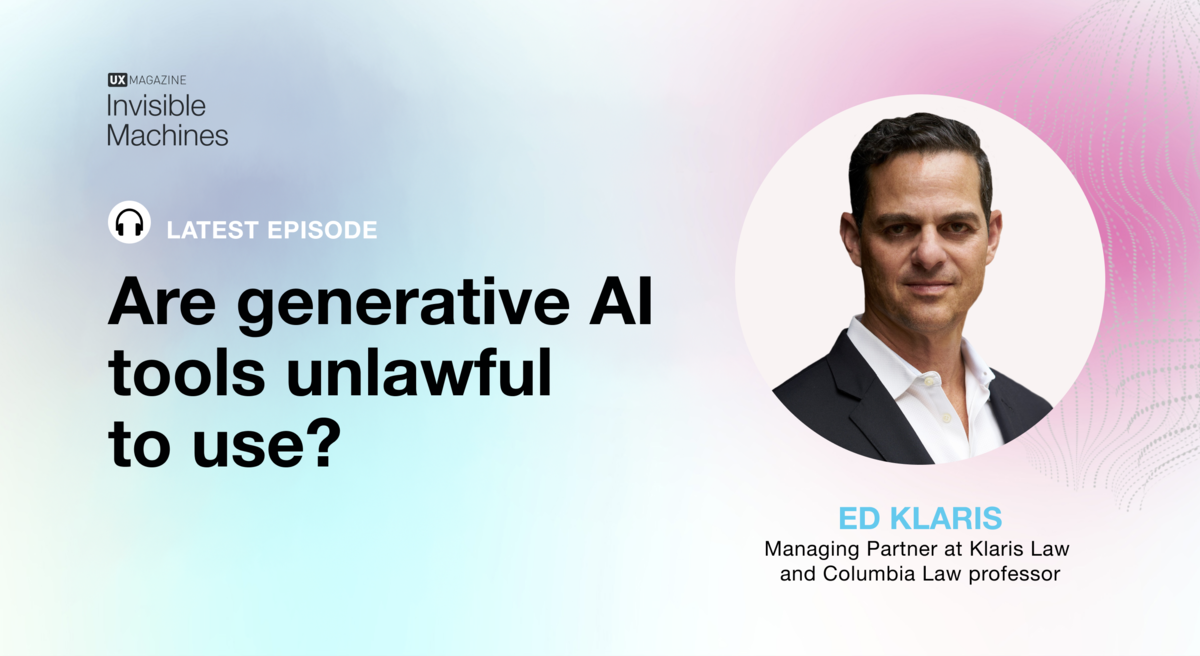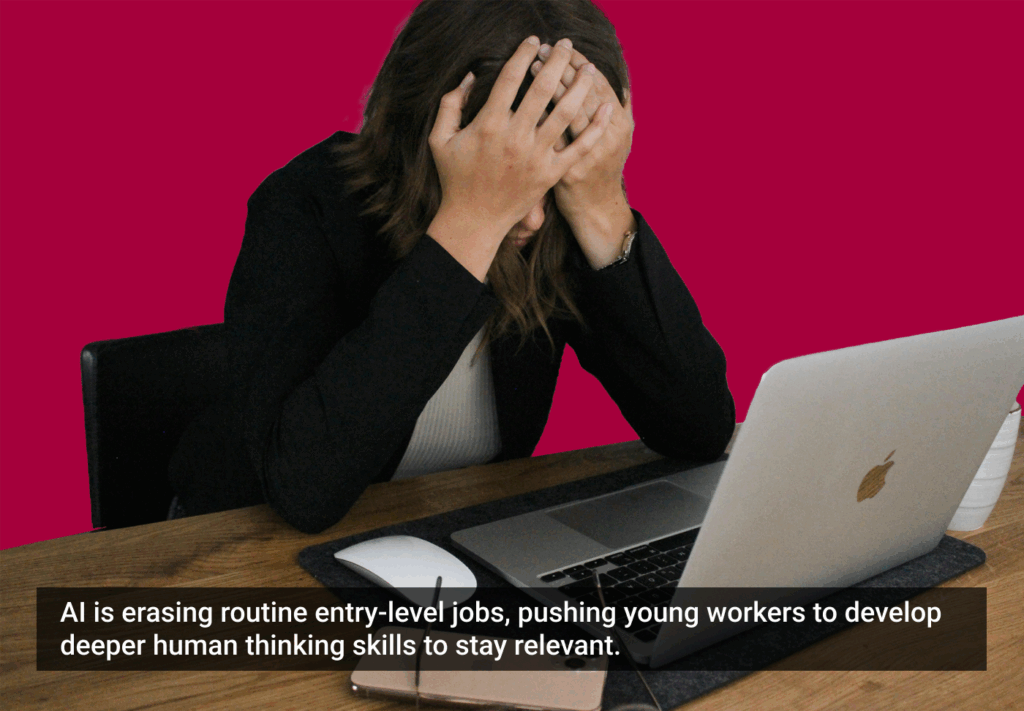As artificial intelligence continues to reshape our world, the question of legality surrounding generative tools—like large language models (LLMs) and AI models that produce audio and video content—grows increasingly pressing.
In this episode of the Invisible Machines, Robb and Josh delve deep into this topic with Ed Klaris, Managing Partner at Klaris Law, CEO of KlarisIP, and an adjunct professor at Columbia Law School. With decades of experience in copyright and IP law surrounding technology—being an in-house counsel at ABC/Disney and a Senior Vice President at Condé Nast publishing—Ed brings a seasoned perspective to the discussion.
Together, they explore whether using generative tools is lawful and discuss how copyright law may evolve alongside AI technologies. As we wait for landmark decisions that will determine the fate of these tools, this conversation with Ed Klaris provides timely insights and plenty of food for thought.
This episode is a must-listen for anyone interested in AI, technology law, and the balance between innovation and legal boundaries. Tune in to discover Ed Klaris’s take—some of which might surprise you!








